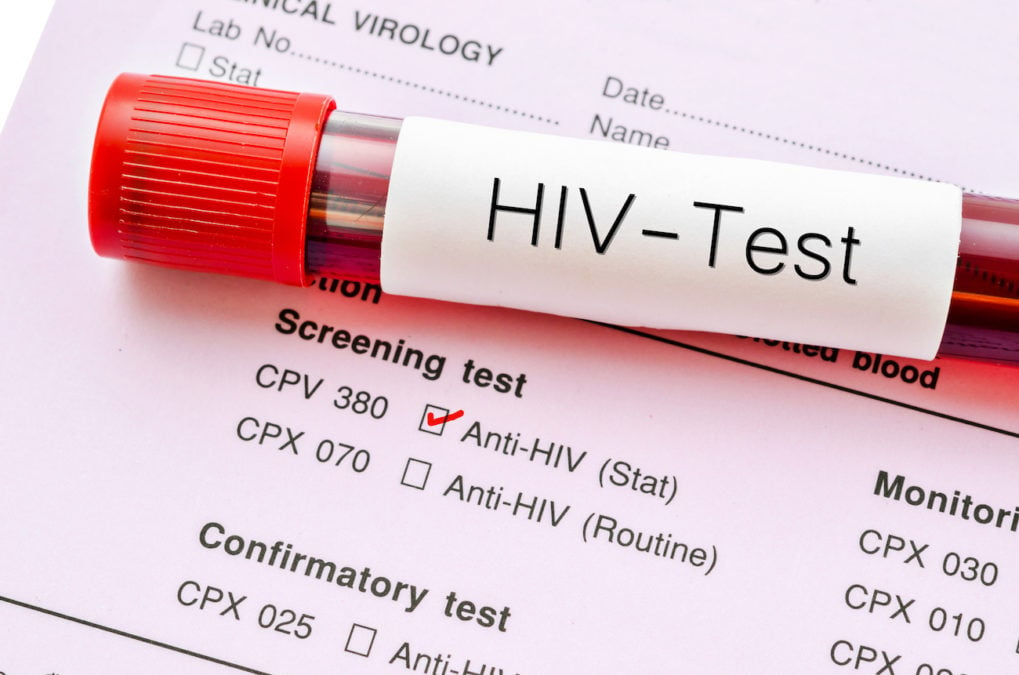
The FDA has eased its blood donor policy for gay and bisexual men, but it still discriminates against them. Photo: iStock.
The FDA has loosened its ban on gay and bisexual men from donating blood, and critics of the policy say “it is still awful.”
The U.S. Food and Drug Administration had required 12 months of celibacy for gay and bisexual men who wanted to donate blood. The FDA amended its rules Thursday morning and implemented a 90-day celibacy requirement. The policy does not apply to heterosexual people.
The policy also bans the use of plasma from gay and bisexual men who have recovered from COVID-19 as a possible treatment for people who are sick with coronavirus, COVID-19.
‘It is still awful’
“While a three month celibacy requirement is less awful than a one year celibacy requirement, it is still awful,” California Sen. Scott Wiener (D-San Francisco) said in a statement.
Wiener has said he wants to donate blood, but as a gay man who hasn’t been celibate for one year, he can’t. Wiener started a petition demanding that the FDA change its blood donation policy.
“The celibacy requirement still excludes from blood donation a huge number of healthy, HIV-negative gay and bisexual men,” Wiener said. “The celibacy requirement still irrationally discriminates against gay and bisexual men by placing a celibacy requirement on them without placing that same requirement on sexually active straight people.”
No gay blood
The restrictions started in 1983, during the height of the AIDS crisis, when the federal government instituted a lifetime ban on blood donations by any man who had ever had sex with another man. The rule, intended to keep HIV out of the blood supply, has been criticized for decades as based on fear and ignoring science, shaming gay sex and intimacy and treating it as a biohazard. Eventually, in 2015, the FDA changed the policy to require a year of abstinence to donate blood.
The three-month celibacy ignores modern HIV testing technology that can detect the virus within 14 days of the blood donation
“If HIV testing has a window of a mere 10-14 days, why on Earth would the FDA insist on a three month celibacy period for gay and bisexual men to be able to donate?,” Wiener said.
FDA under pressure
Last week, a group of 15 senators told the FDA to replace the restrictions with regulations that are “scientifically sound, based on individual risk, and inclusive of all potential healthy blood donors.”
On Wednesday, Democratic Reps. Carolyn Maloney and Alexandria Ocasio-Cortez, both of New York, wrote a letter to FDA Commissioner Stephen Hahn, urging him “to act swiftly in revising its policy so every person who can safely donate blood in the United States has the opportunity to do so.”
Maloney and Ocasio-Cortez said the ban “stigmatizes the LGBTQIA+ community, and undermines crucial efforts to increase the nation’s blood supply as the United States grapples with the coronavirus crisis.”
Sarah Kate Ellis, president and CEO of the national LGBTQ advocacy group GLAAD, called the FDA policy “irresponsible and illogical.”
The American Public Health Association, The American Red Cross and the American Medical Association also have criticized the FDA and demanded that the agency change the policy.
A 2014 study by the Williams Institute estimated that if the ban is lifted, 360,000 men would likely donate blood, which could help save the lives of more than a 1 million people.
